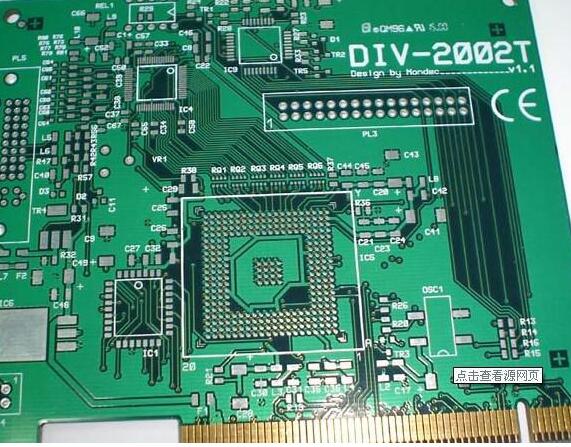We all know that there are many procedures for making PCB circuit boards from the planned feeding to the last step. One of them is called browning. Some people may ask what is the role of browning? What is the difference between it and blackening? Today I will take you to seek this answer.
Browning and blackening in the PCB manufacturing process are both to increase the bonding force between the original board and PP. If the browning is not good, it will cause the PCB oxidation surface to delamination, the inner layer is not etched cleanly, and the problems such as infiltration plating.
The role of browning has the following three aspects:
1. Remove grease and debris on the surface to ensure the cleanliness of the board surface.
2. After browning, make the copper surface of the substrate have a layer of uniform fluff, thereby increasing the bonding force of the substrate and PP, and avoiding problems such as delamination and explosion.
3. After browning, it must be pressed together within a certain period of time to prevent the browning layer from absorbing water to cause the board to burst.
The difference between browning and blackening has the following two major points:
1. The similarities between browning and blackening:

A. Increase the contact area between the copper foil and the resin, and increase the bonding force between the two.
B. Increase the wettability between the copper surface and the flowing resin, so that the resin can flow into the dead corners and have stronger adhesion after hardening;
C. A fine passivation layer is formed on the copper surface to prevent the hardener and copper from reacting to produce water under high temperature and high pressure conditions to cause plate explosion.
2. The difference between browning and blackening:
1. The thickness of blackened fluff is different from that of browned fluff;
2. The micro-erosion rate of the blackening potion is greater than that of the browning potion;
3. The blackening potion is more expensive than the browning potion in terms of price;
4. Blackening syrup is more difficult to control than browning syrup;
5. In terms of quality: the surface roughness of the blackened board is relatively large. If the inner layer of the circuit is slightly scratched or patched, the blackening can cover it well, but the browning will not work.
To sum up, this is the difference between browning and blackening of PCB circuit boards. How about, have you learned another little knowledge? More fun, interesting and useful circuit board knowledge is in Changdongxin circuit board, come and get to know us! We are here to welcome you!